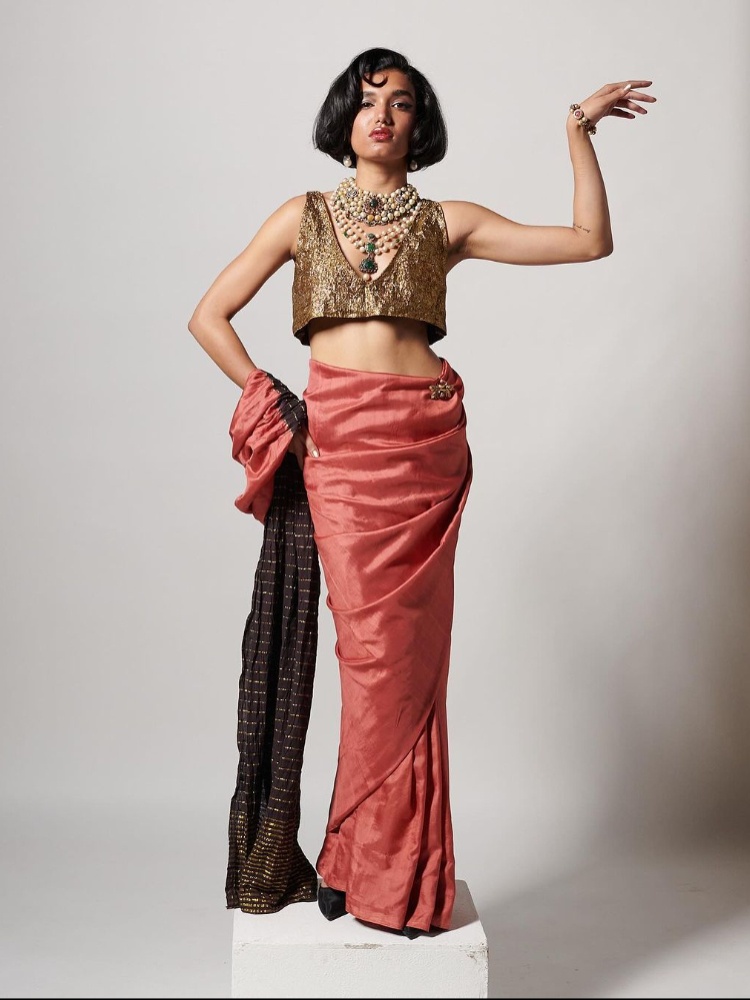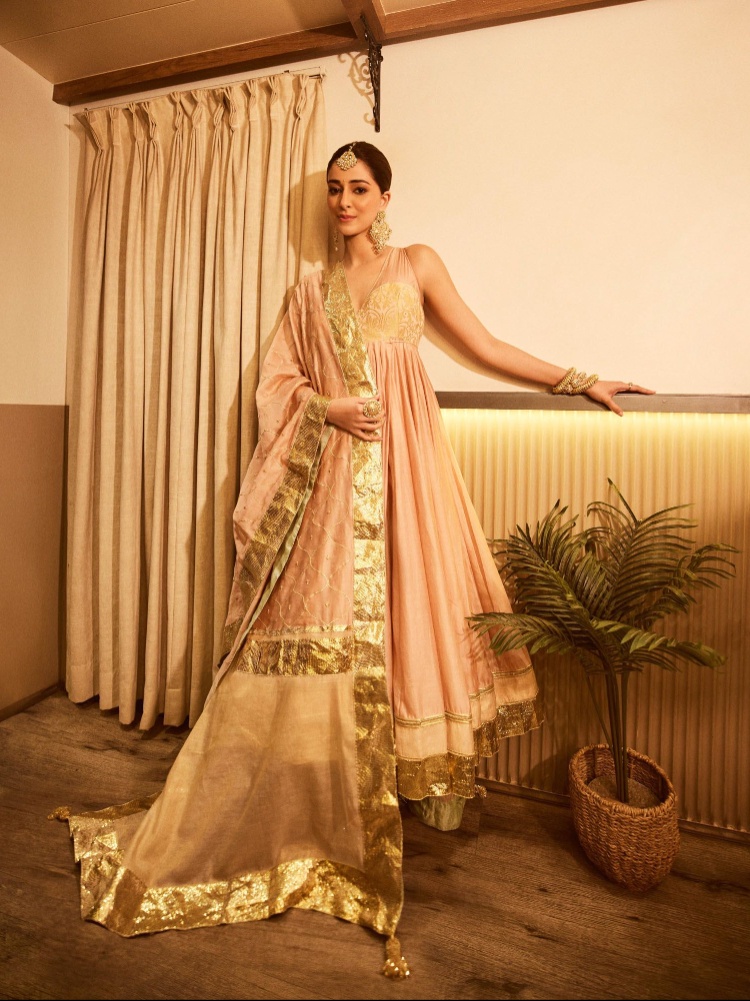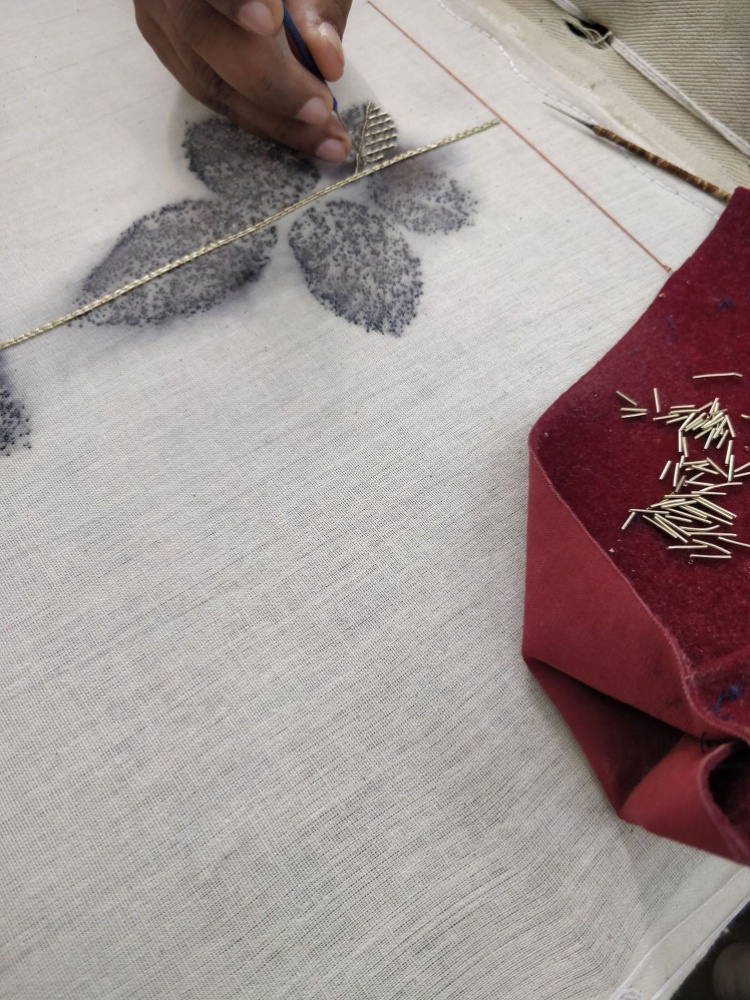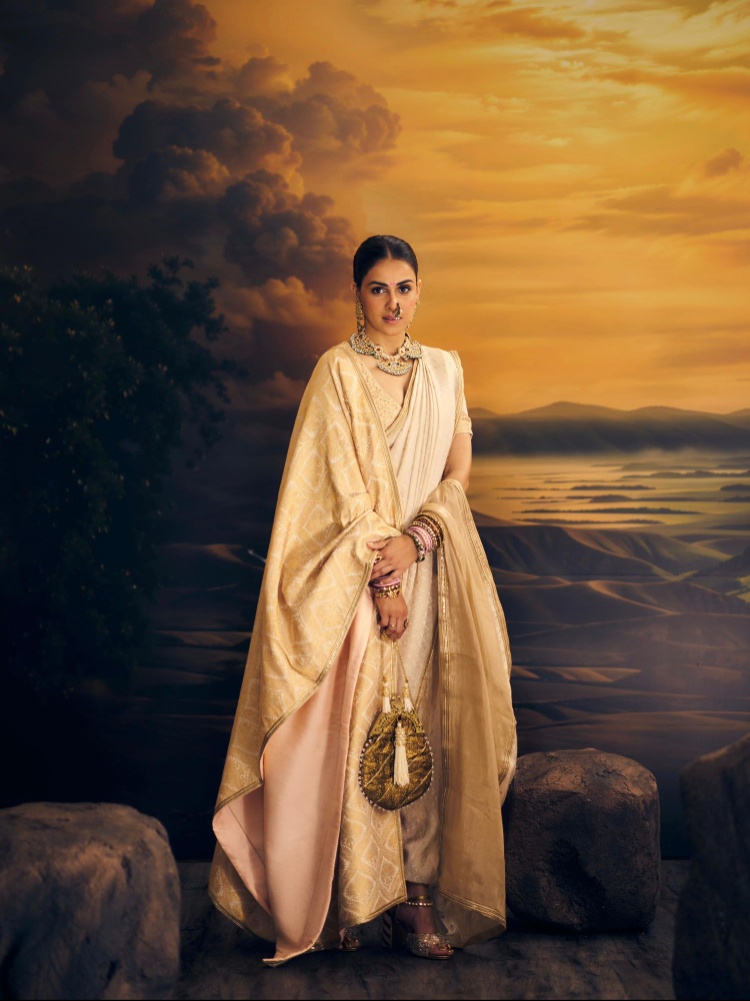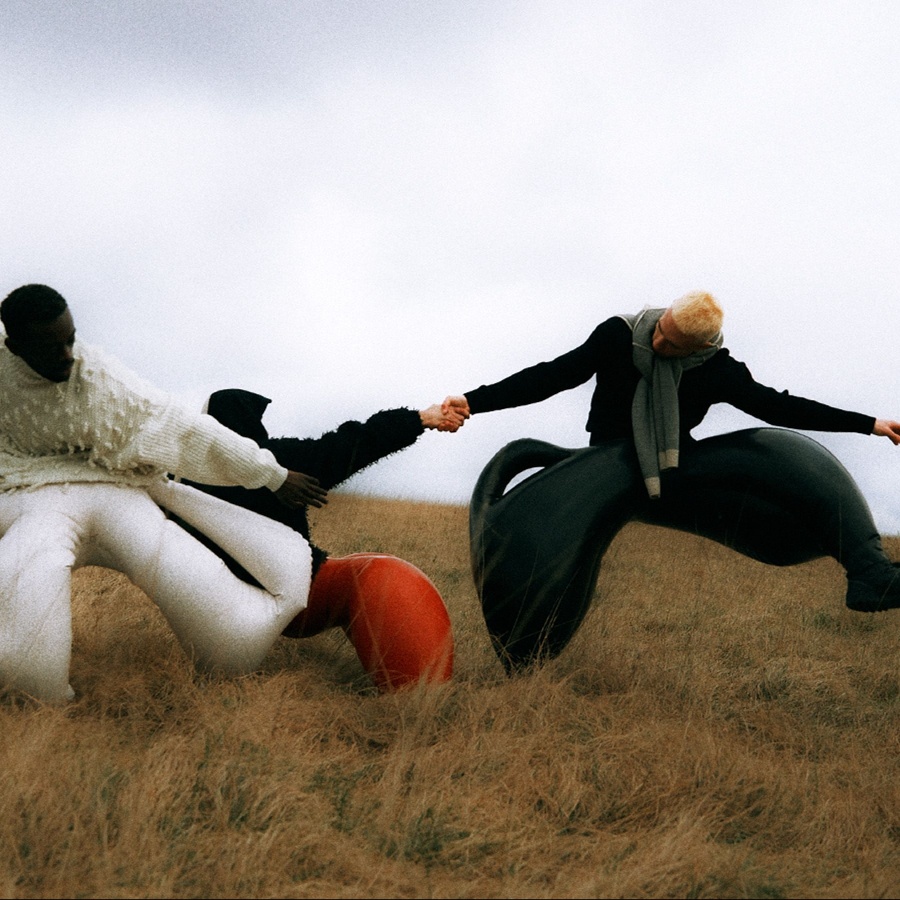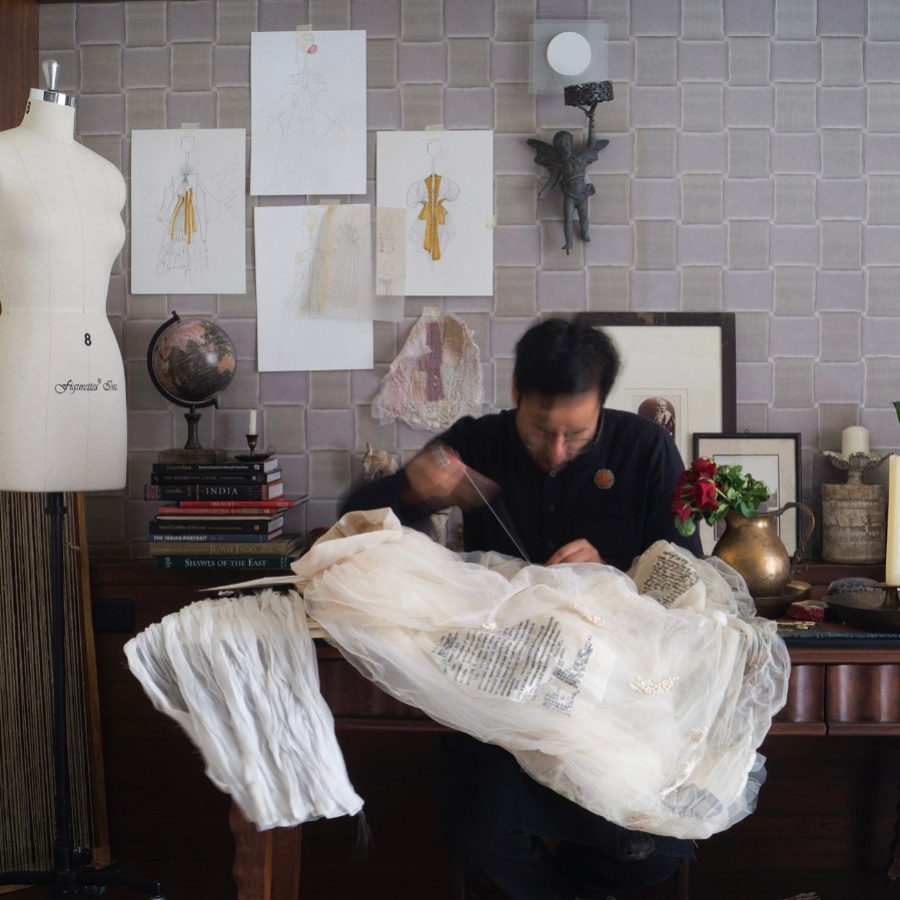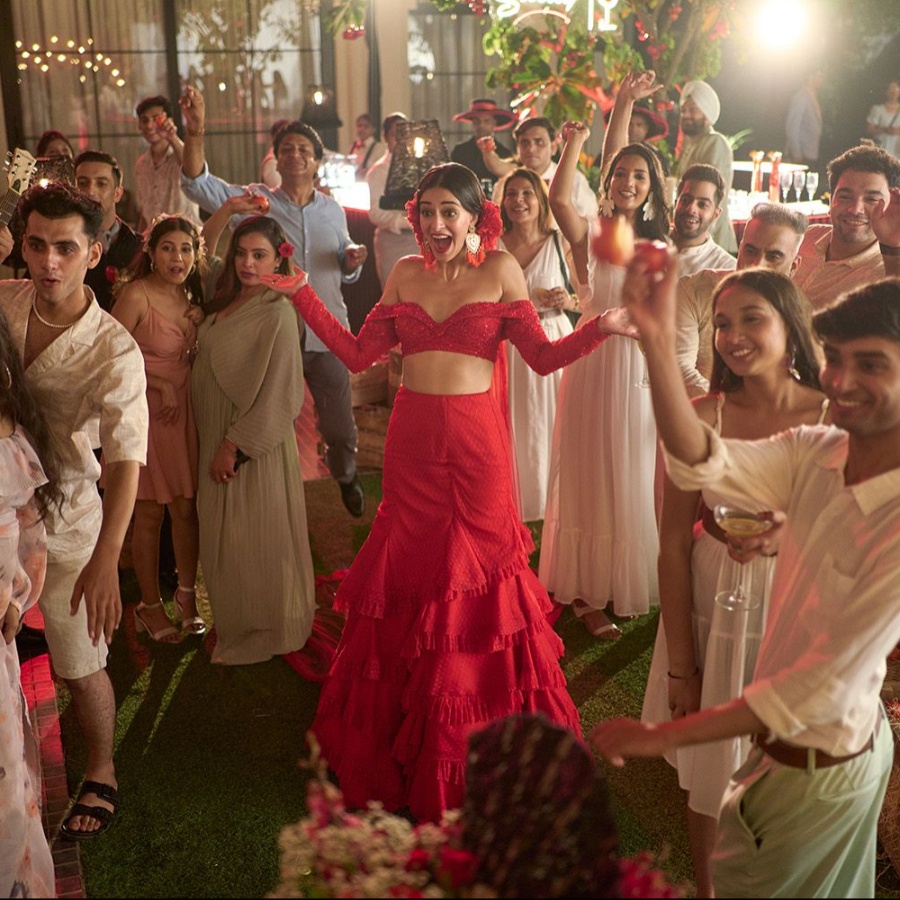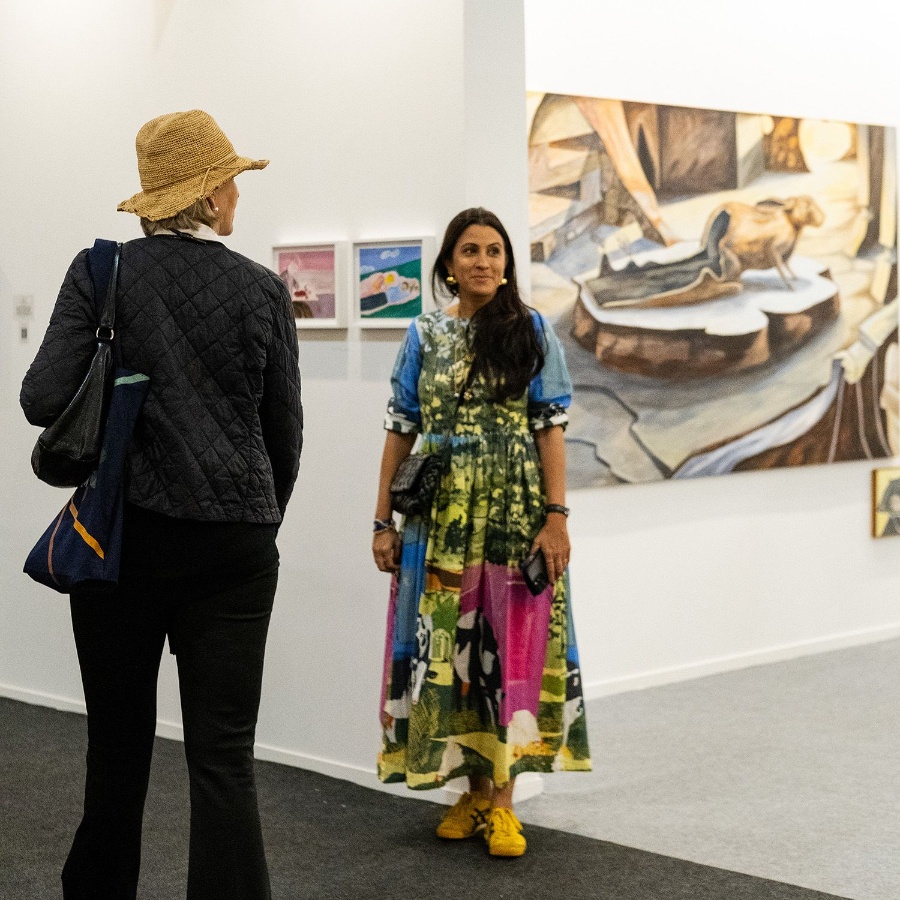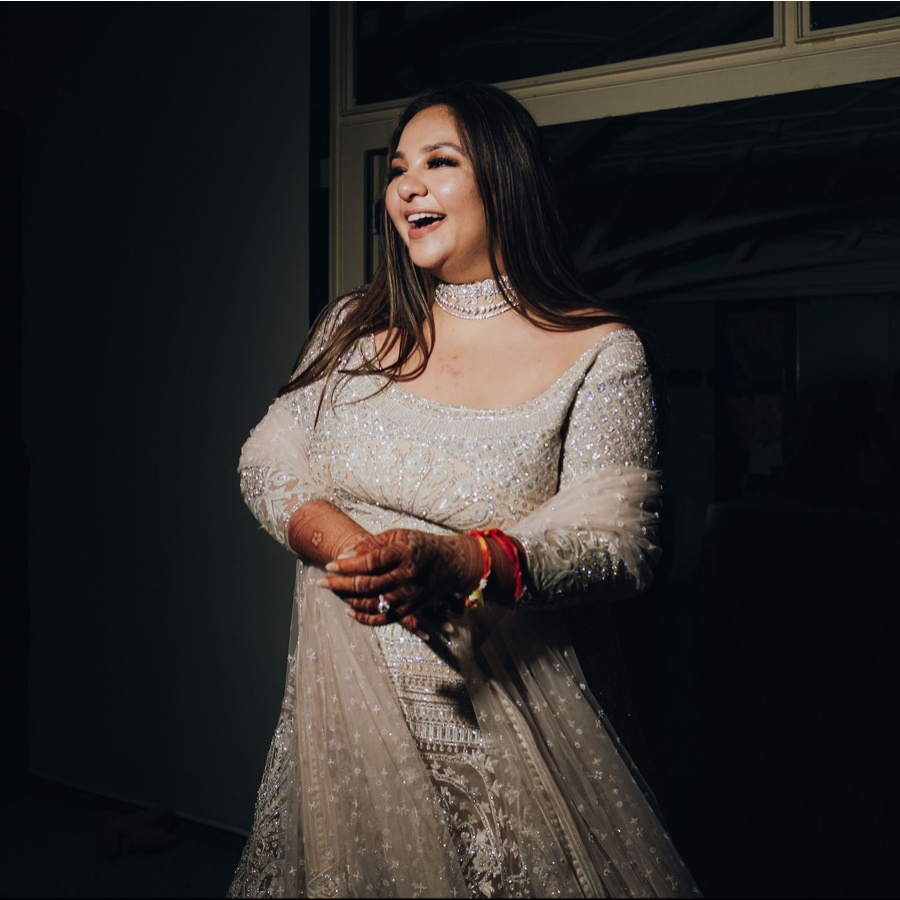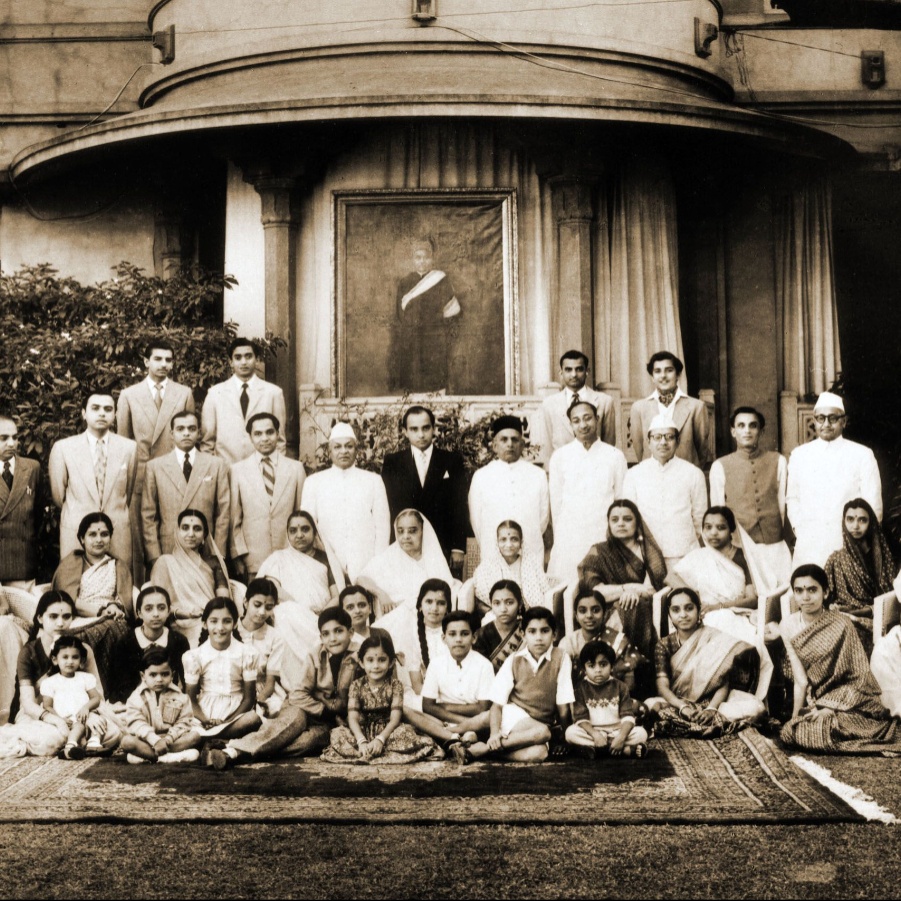Name: Ateev Anand
Profession: Fashion designer
Current residence: Mumbai
Why you should know him: Anand has not one, but two labels. He’s the founder of Re-Ceremonial, a line of occasion-ready ceremonial pieces made from recycled and handwoven fabrics. His second venture is Teev, a ready-to-wear label focusing on handloom cotton.
Where (and on whom) have you seen his clothes: Everyone from Ananya Panday and Sonam Kapoor to Kareena Kapoor Khan, has worn Re-Ceremonial’s angrakha-styled, flared anarkalis and ghaghras.
How was Re-Ceremonial born: Serendipitously. “The first ever garment I made from recycled textiles was a wedding dress in 2020 for this wonderful girl I’d got chatting with at the airport. Re-Ceremonial was a far cry then. So, the first garment I ever made was a wedding outfit. I started off with ready-to-wear right after that because I thought it had more merit, but I soon realised that if I had to speak to the Indian audience, ceremonial garments were key.”
